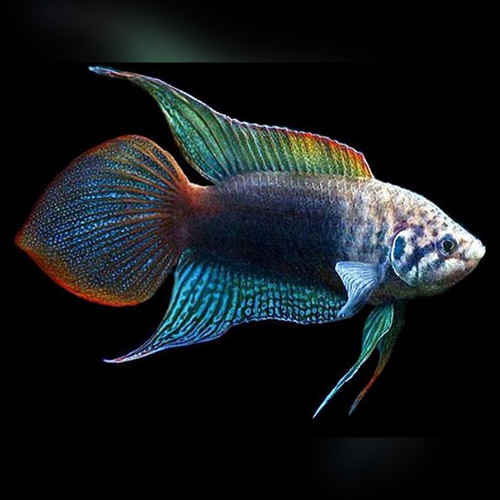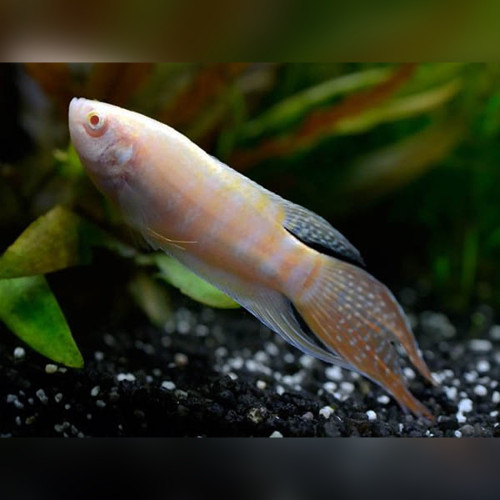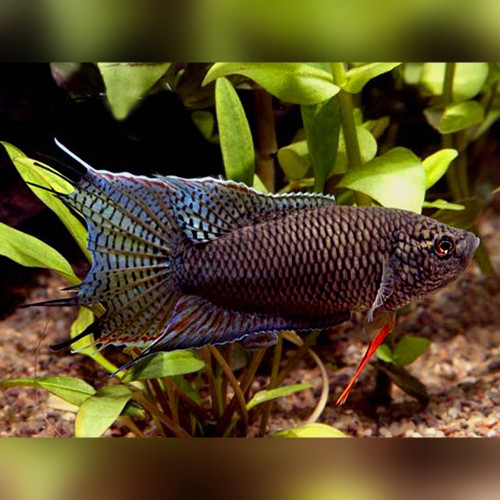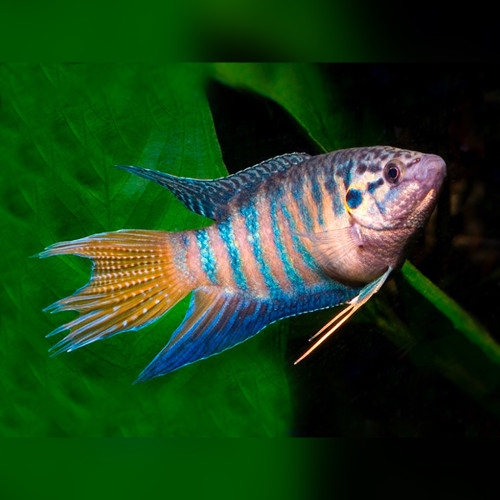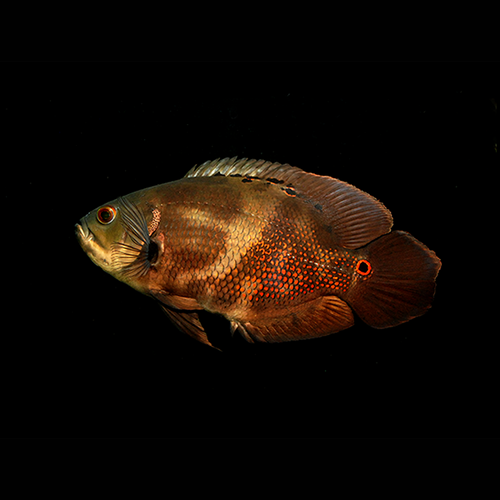SKU:
250
Our Guide To Keeping Roundtail Paradise Fish
-
About Fish Species:
- Scientific name: Macropodus opercularis
- Common name: Roundtail Paradise Fish
- Family: Osphronemidae
- Origin: East Asia, including China, Taiwan, Vietnam, and Laos
- Adult length: 6 to 7.5 cm
- Lifespan: 5 to 10 years
-
Tank Setup:
- Roundtail Paradise Fish thrive in a well-planted aquarium with gentle water flow. A minimum tank size of 40L is suitable for a single fish.
- Provide hiding spots and floating plants to create a comfortable environment. They appreciate the presence of broad-leaved plants and floating vegetation.
-
Water Parameters:
- Roundtail Paradise Fish prefer slightly acidic to neutral water conditions with a pH range of 6.0 to 7.5.
- Maintain the water temperature between 22 to 28°C (72 to 82°F).
-
Filtration and Water Flow:
- A gentle water flow is suitable for these fish. Choose a filter that provides a mild to moderate flow, ensuring good water quality.
-
Diet:
- Roundtail Paradise Fish are carnivores and accept a variety of foods. Provide a diet consisting of high-quality pellets, flakes, and occasional live or frozen foods like brine shrimp and bloodworms.
- Ensure a varied diet to meet their nutritional needs and promote vibrant colors.
-
Tank mates:
- Roundtail Paradise Fish can be territorial, especially males. Keep them singly or in larger tanks with plenty of hiding places if kept with other fish.
- Compatible tank mates include peaceful community fish like tetras, rasboras, and other non-aggressive species.
-
Behavior and Compatibility:
- Roundtail Paradise Fish are known for their territorial nature, especially during the breeding season. Males may display aggression towards each other.
- Exercise caution when keeping them with other territorial or fin-nipping species to avoid conflicts.

